Bob Dylan - Slow Train Coming
by Benjamin Howarth
published: 29 / 12 / 2003
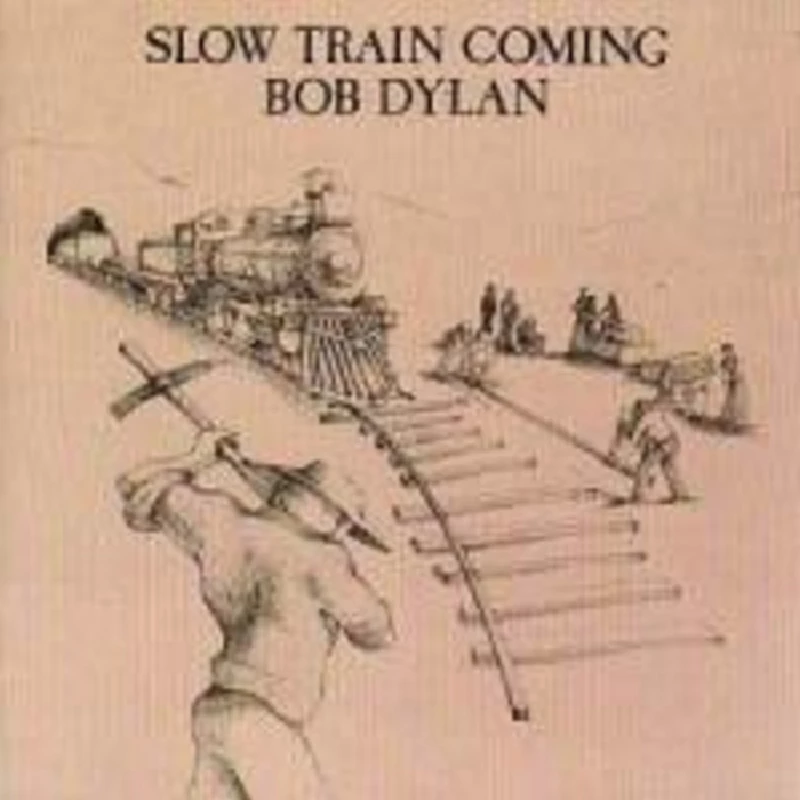
Label:
Select Label
Format: N/A
intro
"Genuinely challenging", but sometimes ignored and often misunderstood, Ben Howarth argues the case for Bob Dylan's 1979 Christian album 'Slow Train Coming' as one of the great Dylan albums
'Slow Train Coming' (1979) is often ignored when people talk about the great Dylan records, but I think that it’s an album that any serious Dylan fan should really be able to appreciate and understand. It was the beginning of another new phase in Bob’s career. He began in the 60's pursuing fame as a folk singer, before becoming a protest singer (one can debate how sincere he was, but nevertheless there is little doubting the power of 1964's 'The Times They Are A-Changin' album). Then he moved into the rock field, and, although hardly a pop star, certainly moved into mass culture with a vengeance. After the infamous bike crash in 1966, his music became a lot more experimental, and he tried a new style on each album. Sometimes this worked, as on 'John Wesley Harding' (1968) and 'New Morning' (1970), and sometimes it was a little patchy like on 'Nashville Skyline' (1969) or 'Self Portrait' (1970) and, of course, none really bared comparison with 'Blonde On Blonde' (1966). In retrospect though we can see those albums as a valuable search for a new direction that stopped Bob Dylan from simply being someone who made great records in the 60's and led to his resurgence with the 1975 masterpiece 'Blood On The Tracks', which in turn signalled a new path in his career, in which he documented his marital problems over three albums, the next being the underrated 'Desire' (1976) and the slightly rushed but enjoyable 'Street Legal' (1978). There is also a rumoured “lost” album of particularly harsh and vengeful songs about his divorce that never saw release. But, there is only so long an artist can get away with rewriting his own diaries, and it was time for Bob to turn his eye to the world at large once more… Bob was making this record in a very different musical climate from 1975 when he last changed direction. Punk had happened, and the relevance of the older artists was being questioned. It was also, however, becoming clear that whilst some of the excesses of the seventies were now regretted, people still liked the music. Rather than recruit a punk band, or try and cash in on a new fad, Dylan chose instead to form a crack band with top class musicians (including Mark Knopfler, whose Dire Straits had just made their first record and was being acknowledged as a fine guitarist) and seasoned producer Jerry Wexler. Bob was keen to make this album slick and professional (he’d learned from the negative response given to the sloppy 'Street Legal'), and was keen that it should sell. I think this response was common of a lot of the older artists in the post-punk environment, that they could be called Dinosaurs if they must, but people do like their bands and buy their records, and they do what they do very well. A similar thing happened in 1997 when, faced with the challenge of dance which many incorrectly thought would kill rock music for good, bands like the Verve and Radiohead made some of the finest albums of all time, and sold millions of records for their trouble. Bob Dylan also had another good reason for wanting his new album to be a success,. He had recently converted to Christianity and he wanted the message to be heard. But, it has to be stated that Bob’s number one priority was to make a great record, hence his choice of backing musicians included none that could be called converts. The album begins with its hit single, 'Gotta Serve Somebody'. It is a strange song, Bob’s vocals are hushed and moody accompanied by a gloomy electric piano part, menacing bass lines but also a clipped drum track and gospel backing vocals which no doubt were intended to make it sound populist but, listening to it today, make it sound oddly dated. This is not the sort of song that I would describe as cool. Any serious music fan, even if they dislike Dylan, can surely see why he is held in such reverence if they listen to 'Blonde Or Blonde' or 'Blood On The Tracks', but this is definitely uncool. Yet, the passion with which it is performed is such that I defy anyone with taste to criticise it. I’m sure many feel unable to listen to a song with a repent or face damnation message, but that is a shame because it is such a chilling yet magnificent piece of music. The album changes tack on 'Precious Angel', an unashamed pop song, both a love song to an ex-girlfriend and evocation of his new found faith. It is one of the few tracks from this period that could have fitted on his pre-Christian albums, especially 'Desire', or his post-Christian albums, being as it is very similar to 'Sweetheart Like You' from 'Infidels' (1983) – which may be called a Christian album but certainly is less direct than this – or 'Someone’s Got A Hold Of My Heart', an outtake that appeared in a re-worked and inferior form as'Tight Connection' on 'Empire Burlesque' (1985). 'I Believe In You' is in my opinion one of the most remarkable performances of Bob’s entire recorded output. It is one of his simplest melodies, incredibly pretty – very similar to the treatment he gave to some of his back catalogue on the 'At Budokan' live album (1979). Although most songs on that double album are appalling, there are also lovely takes of 'I Want You' and 'Love Minus Zero', and he gives the same treatment to this song. 'I Believe In You' is one of the rare occasions that Bob really pushes his vocals as far as they can go, and they are raw but thoroughly convincing. What I like most about this song though is that it is Bob Dylan, who once seemed to treat everything with wit, irony or sarcasm, suddenly sounding very humble indeed. It doesn’t last though. 'Slow Train' is as judgemental as Bob got on record, and though some of the political assumptions drawn here would not have been mine, the fiery passion flows into the music, and the band are on sterling form, moody and magnificent, with some class one Knopfler guitar playing. 'Change My Way Of Thinking' is pretty self-explanatory, but Bob’s vocals here are harsh, the complete opposite to the tender yet expressive delivery of 'Precious Angel”. To be honest, though this is enjoyable and rocks out a bit it is not the best track on 'Slow Train Coming'. At this point the album has shifted musical focus on every track, and Bob’s vocals and lyrics seem to be delivered with the same sort of fervour that made 'The Times They Are A-Changin' a classic. All the songs sound strangely dated these days, but not, I think, in a bad way. This is a very definite period piece, but if you compare it to the post punk acts that released music that year, they seem cold, calculating and excessively self confident, where Bob seems to have made no musical calculations beyond what seems to feel right and is really laying himself on the line within the lyrics. Bob continues to express every side of his life, his changing attitudes for the rest of the record. 'Do Right Unto Me Baby (Do Unto Others)' is groovy, with some gorgeous acoustic guitar, and is this album’s answer to 'Meet Me In The Morning' from 'Blood On The Tracks,' not a simple ballad by any means but a bit of a lightener of the mood. 'When You Gonna Wake Up' gets right back to the awkward questions, and is a partner to 'Slow Train' as a state of the nation address type of track, but perhaps a better one, with more reasoned arguments. 'Man Gave Names To All The Animals' is a lovely song, and like 'Buckets Of Rain'did on 'Blood On The Tracks', gives the listener a simple pretty melody to enjoy. The band clearly enjoyed the track’s loose reggae vibe, and excels itself. Finally, 'When He Returns' brings the collection to a close. This is classic Bob Dylan, powerful yet simply performed, the sort of thing that so many artists try to do, but which Bob makes sound simple. This could have come from any other era of Bob’s work, and that it is ignored in the pantheon of classics by many is a mysterious thing. Bob Dylan was one of the icons of the 60's, and without him there would be no punk and no indie. I don’t think anyone can dispute that. But, we have to be honest, when it got to the 70's, Bob chose to be on the side of the Dinosaurs. He chose the stadium tours, the artistic backslapping of ‘playing with friends’ on 'Desire' and the 'Rolling Thunder Revue' tour, and on this album he chose members of the much hated (but equally much loved!) Dire Straits and a respected producer in an expensive studio, over punk rock production values. The irony of all this is that on 'Slow Train Coming' he has made a record that is genuinely challenging. I’m not talking about the mock challenges laid down by art rock music with no real melody, but a genuine challenge to his fan base’s moral values and worldview and to what can be considered as good music. This isn’t an easy album to love,. It is hard to even enjoy if your general music choices are for the sort of punk bands that would have loathed “Slow Train Coming”, but it is an album that, once it grabs you, doesn’t let you go and merits repeated and regular plays. Bob Dylan cut many tracks in the 1980's that outshone any individual song on this record, but not another great record until 'Oh Mercy' (1989), when Bob finally came to terms that only keen fans were still interested in him and he was no longer mainstream. But, 'Slow Train Coming' is a stunning album, and everyone should at least give it a try.
Track Listing:-
Band Links:-
http://bobdylan.com/https://www.facebook.com/bobdylan
https://twitter.com/bobdylan
https://www.youtube.com/user/BobDylanVEVO
http://www.songkick.com/artists/408511-bob-dylan
Picture Gallery:-
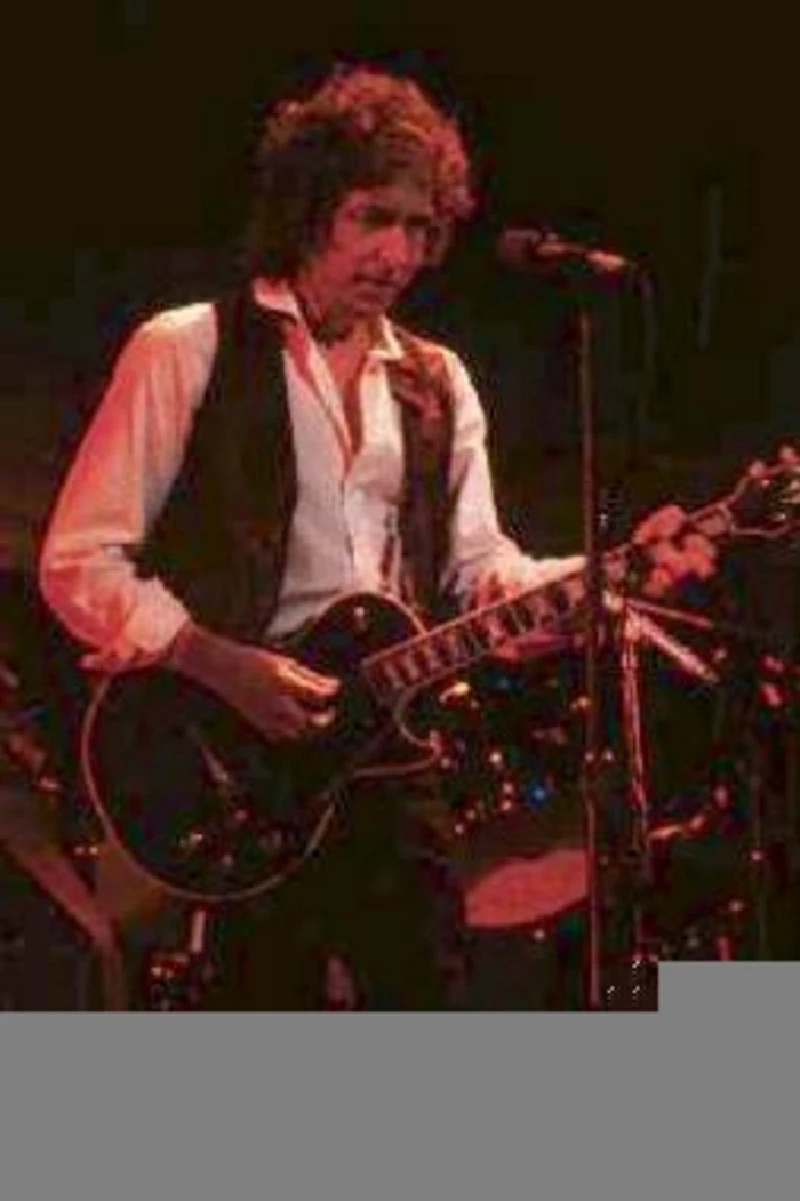
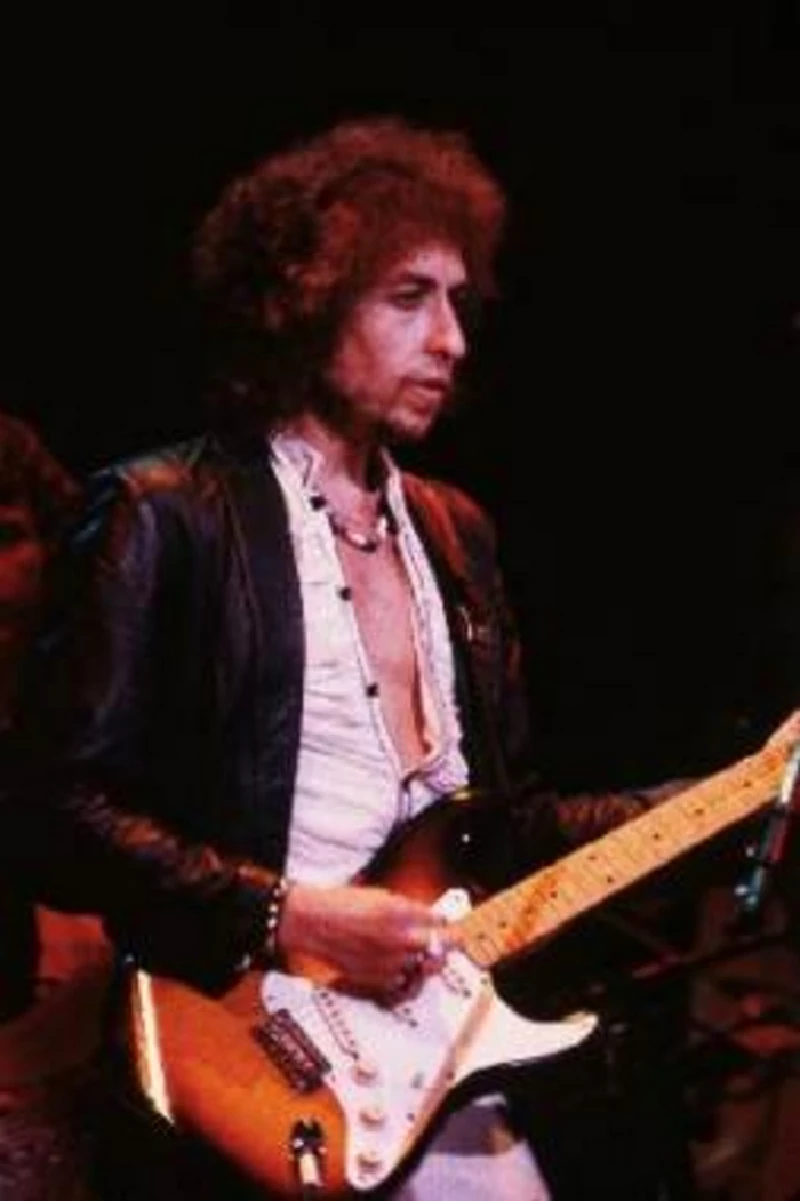
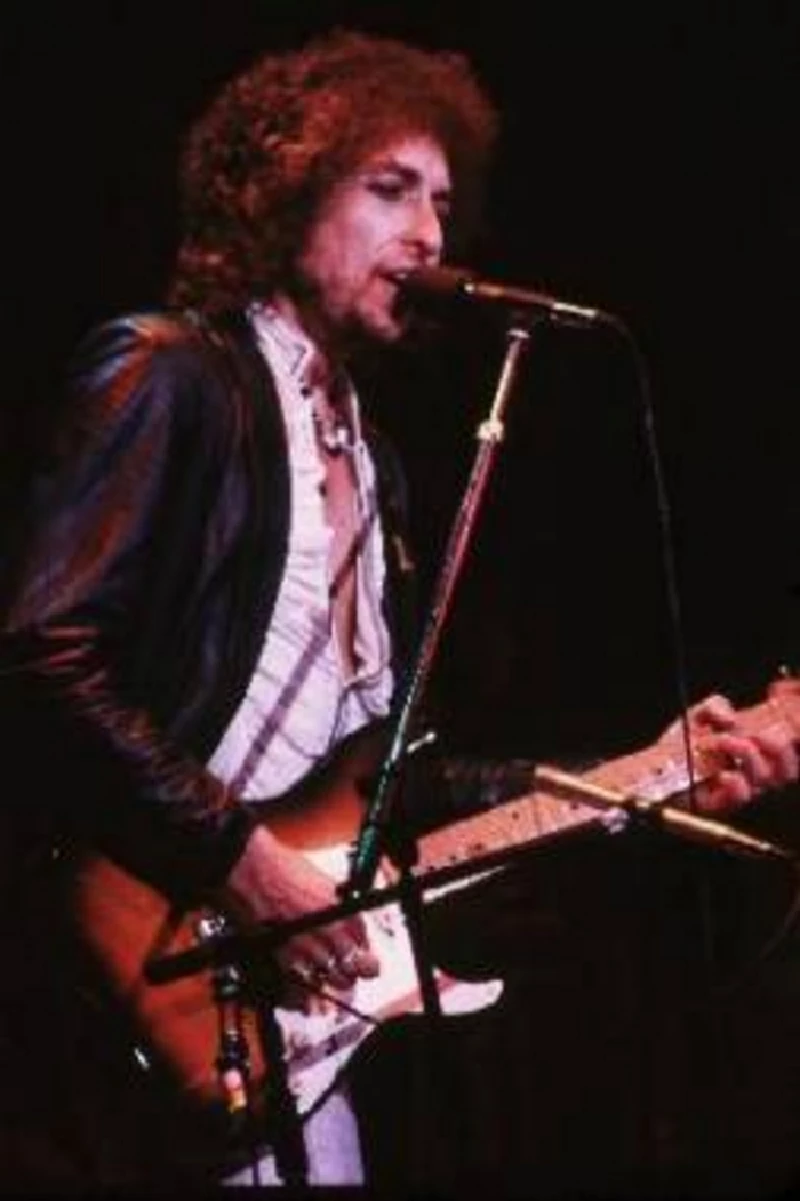
profiles |
|
A Complete Unknown (2025) |

|
| Lisa Torem enjoys new Bob Dylan biopic, ‘A Complete Unknown,’ but still has burning questions about the Nobel Prize Winner’s legacy. |
live reviews |
|
Palladium, London, 19/10/2022 |
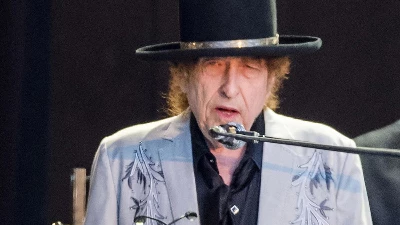
|
| Nick Dent-Robinson finds Bob Dylan on fine form at an intimate show at the London Palladium on the opening night of his ‘Rough and Rowdy Ways’ tour. |
| O2, London, 25/4/2009 |
| Wembley Arena, London, 15/4/2007 |
| Bournemouth International Centre, Bournemouth, 28/ |
| Brixton Carling Academy, London, 21/11/2005 |
| Wembley Arena, London, 15/11/2003 |
features |
|
Bob Dylan 1962 to 1970 : Every Album, Every Song (2024) |
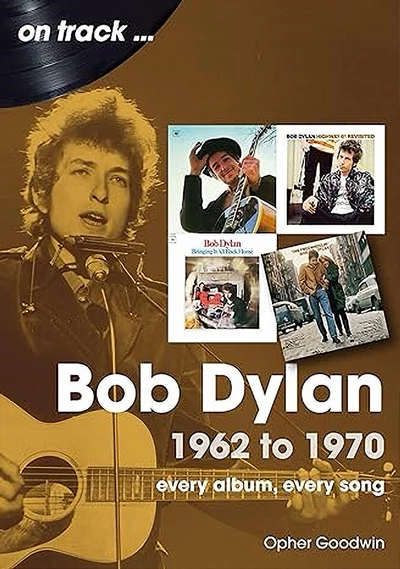
|
| For her 'Raging Pages' column, Lisa Torem gives ‘Bob Dylan 1962 to 1970 : Every Album, Every Song’, Opher Goodwin’s new book on Dylan’s studio work high marks. |
| 61 Highways Revisited: The Albums Of Bob Dylan (2018) |
| Chronicles : Volume One (2005) |
soundcloud
reviews |
|
Fallen Angels (2016) |
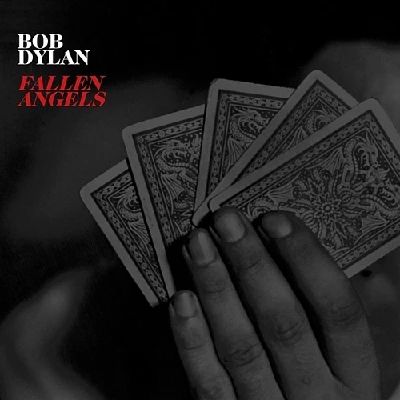
|
| Fabulous thirty-seventh album from Bob Dylan, which is his second album in succession to cover songs from the 1940s and 1950s originally recorded by Frank Sinatra |
| Together Through Life (2009) |
| Modern Times (2006) |
| No Direction Home: The Soundtrack (A Martin Scorsese Picture) (2005) |
| Live 1964 : Concert At Philharmonic Hall (2004) |
most viewed articles
current edition
Carl Ewens - David Bowie 1964 to 1982 On Track: Every Album, Every SongArmory Show - Interview with Richard Jobson
Colin Blunstone - Thalia Hall, Chicago, 16/7/2025
Visor Fest - Valencia, Spain, 26/9/2025...27/9/2025
Bathers - Photoscapes 1
John McKay - Interview
Loft - Interview
Billie Eilish - O2 Arena, London, 10/7/2025
Robert Forster - Interview
Sir Tim Rice - Interview
previous editions
Heavenly - P.U.N.K. Girl EPManic Street Preachers - (Gig of a Lifetime) Millennium Stadium, Cardiff, December 1999
Oasis - Oasis, Earl's Court, London, 1995
Beautiful South - Ten Songs That Made Me Love...
Pixies - Ten Songs That Made Me Love...
Paul Clerehugh - Interview
Trudie Myerscough-Harris - Interview
Prolapse - Interview
Doris Brendel - Interview
Simon Heavisides - Destiny Stopped Screaming: The Life and Times of Adrian Borland
most viewed reviews
current edition
Amy Macdonald - Is This What You've Been Waiting For?Sick Man of Europe - The Sick Man of Europe
Phew, Erika Kobayashi,, Dieter Moebius - Radium Girls
Davey Woodward - Mumbo in the Jumbo
Lucy Spraggan - Other Sides of the Moon
Alice Cooper - The Revenge of Alice Cooper
Cynthia Erivo - I Forgive You
Bush - I Beat Loneliness
Blueboy - 2
Suzanne Vega - Flying With Angels
Pennyblackmusic Regular Contributors
Adrian Janes
Amanda J. Window
Andrew Twambley
Anthony Dhanendran
Benjamin Howarth
Cila Warncke
Daniel Cressey
Darren Aston
Dastardly
Dave Goodwin
Denzil Watson
Dominic B. Simpson
Eoghan Lyng
Fiona Hutchings
Harry Sherriff
Helen Tipping
Jamie Rowland
John Clarkson
Julie Cruickshank
Kimberly Bright
Lisa Torem
Maarten Schiethart